When it comes to prioritizing what to study, in today’s post we discuss the top 5 topics to know for the Series 7 Top-Off.
After all, pragmatic studying is the name of the game. When you only have so much time to study, you need to go about it as efficiently as possible.
That’s why in this post we break down the top five subjects that will get you the most bang for your buck when it comes to studying for the Series 7 Exam (whether it’s by yourself or with a tutor).
Weightings Are Important
When it comes to the Series 7 Exam, not all sections are likely to be tested equally. Not only that, but there is also the possibility that the weighted subject material tested on one exam will not be proportionately tested on another exam (if you’re in the unfortunate position of having to take it more than once).
For instance, perhaps an inordinate number of Options-related questions shows up the first time. The second time you take the Series 7 Exam, may be a totally different experience. It could have fewer Options questions, and more questions in other areas (e.g., Suitability, Mutual Funds, Taxation, etc.).
That’s why we tend to recommend taking the safest approach. Specifically, cover as much as you can from the core sections that have not changed much over the years.
Top 5 Topics to Know for the Series 7
Let’s start out with a list:
- Options
- Municipal Debt Securities
- Suitability
- Rules and Regulations
- Margin
- Bonus! Mutual Funds
Most of these areas have not changed in most Series 7 study material for close to twenty years. Hence, there is a very high chance that these are going to be disproportionately weighted on your exam.
Make sure to take the time to cover these sections quite thoroughly.
Somewhere between 1.5 and 3 hours per day of studying these core areas on a rotated basis will be quite helpful. Studying these topics alone however will not be enough to help you pass the exam. Be sure to rotate in another 30 to 60 minutes at least every few days of other sections if you have the time.
One of the most effective study methods is to incorporate a regular routine of practice questions. Check out our last blog post here for some instruction on how to structure doing these questions.
If you need any more help, you know where to reach us. Stay focused on these core areas and you are bound to do well on a very significant portion of the exam. Good luck!

